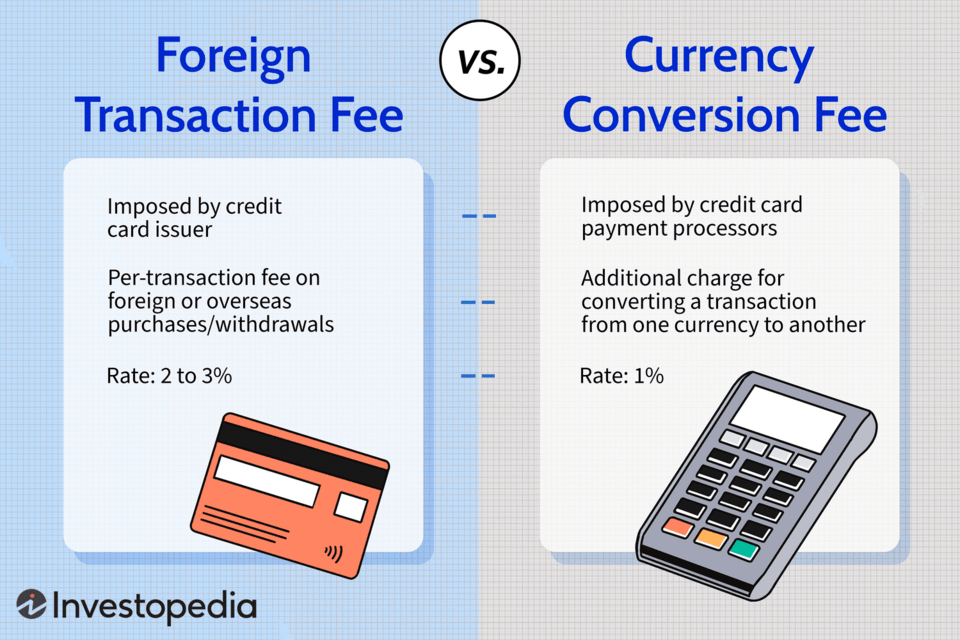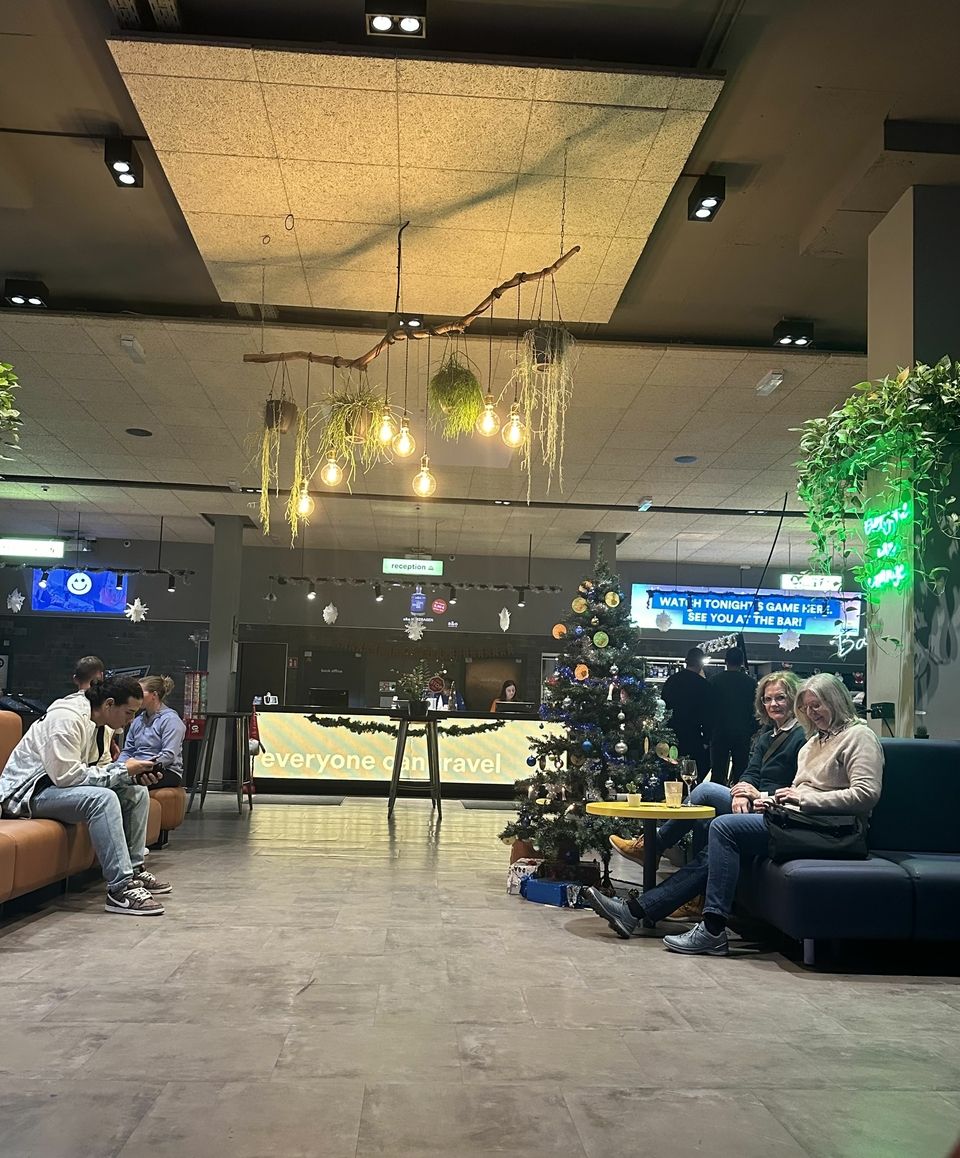Importance of Saving Money while Studying Abroad
By: Tawfiq Rawnak
The Importance of Knowledgeable Spending
Expenses are something that aren’t new when being abroad. In fact, many students actually tend to overspend when being in an abroad country, from many essential items that aren’t necessary (i.e. Uber’s instead of public transportation, expensive hotels instead of hostels, or high-priced restaurants). For most student’s circumstances, having a high budget on a consistent basis will make travelling to new countries and locations limited based on funds.
Saving money does not need to be difficult, but utilizing key behaviors can prove helpful.
Credit Cards Vs. Debit Cards
One of the first aspects to understand is that many standard American bank-issued debit cards actually contain a foreign transaction fee (FTF), which is a slight fee for any foreign transactions made on the card. This can be combined with other extraneous fees, which can make a simple transaction expensive.

Image of Common Fees Associated with FTF Cards
A key solution is to invest in a No-FTF debit card or a No-FTF credit card. Out of these two, a No-FTF credit card is the better option, for its numerous advantages. One of them being earning cash back (up to 5%) and travel-specific benefits when traveling. As a study abroad student this is extremely advantageous. An additional benefit is this is able to allow many students to build their credit and learn how to manage their money at a young age, which will bring an early edge to one’s financial future. When deciding, make sure to use a Visa or Mastercard card supporter, as this is the main form of payment in majority of the world.

List of Top No-FTF Credit Cards Available
Alternate Forms of Transportation/Lodging
One of the key parts of studying abroad is the “abroad” experience, which incentivizes you to travel either locally from your home country or internationally. However, to do such things, one doesn’t always need to fly to every location, but is able to take alternate forms of travel (i.e. trains, buses, rideshare) to different places. As an example, instead of spending $150+ on a flight from Barcelona to Madrid, take a $60-70 train instead.

Image of Omio.com to Find Options of Travelling
There exists many apps (i.e. Omio.com) that helps with comparing different options. Hostels are also important when traveling abroad, as one does not need to have too much baggage and can live in a well-put hostel to save money per night.

Image of a Hostel in Berlin, Germany
Monetarily, each trip that you save money can be re-invested to travel to new locations; a win-win! I hope this advice helps in the long-run, as it is a great way to save and spend money logistically.
Related Posts

Fall vs. Spring Study Abroad: Which is Better?
Looking for some guidance on when to jet off on your study abroad adventure? You’ve come to the right place! Let’s take a closer look at studying abroad by the... keep reading

Why Study Abroad? Top 7 Benefits of Studying Abroad in 2026
@cieestudyabroad Just a few of the countless benefits of studying abroad! #cieestudyabroad #studyabroad #benefits #whystudyabroad #internationalstudent #culturalexchange Same Cycle Different Day - xJ-Will If the questions “why study abroad?” or... keep reading

My Study Abroad Experience: Barcelona, Spain
By: Daryn Reese Studying abroad in Barcelona was nothing short of a dream. From the moment I arrived, I fell in love with the energy of the city, the culture... keep reading
